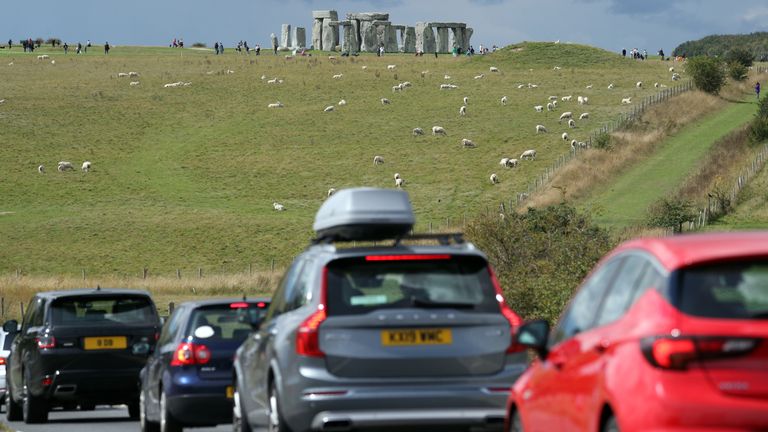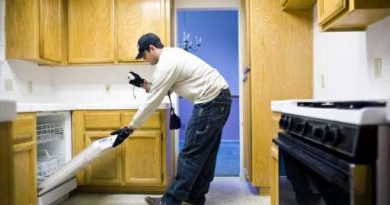Motorists count cost as petrol prices hit eight-year high fuelled by recovery-driven oil demand
Millions of motorists are being hit in the pocket as petrol prices reach an eight-year high after nine successive months of hikes, latest RAC figures show.
And the cost at the pump is only set to rise further, warns the motoring organisation, with demand for oil outstripping supply amid the continuing global recovery from the coronavirus pandemic.
The rise in prices, which saw 3.4p and 2.7p added to a litre of petrol and diesel respectively in July, will also fuel the cost of staycations, which have seen a spike amid uncertainty over overseas travel restrictions.
Live COVID updates from UK and around the world
According to the RAC, last month saw the largest increase in the price of unleaded since January.
It means on average a litre now costs 135.13p – a level not seen since late September 2013 – up from 131.76p at the start of July.
Diesel now costs on average 137.06p per litre, up from 134.36p.
The price rises meant that last month was the most expensive July to fill up with petrol since 2013, and for diesel since 2014.
A driver filling up a 55-litre capacity car with petrol now pays on average £3.08 more to fill up than they did at the start of June, and £11.47 more than they did a year ago.
For diesel drivers, filling a similarly sized tank now costs £2.90 more than at the start of June, and £10.46 more than it did at the end of July 2020.
As countries move to rally from the economic turmoil caused by the COVID-19 crisis, demand for oil is increasing, pushing up wholesale fuel prices which are passed into drivers.
The RAC advises motorists to visit supermarkets to find the best value fuel this summer, with the price of a litre of petrol around 3p cheaper compared to the average and more than 16p less than at motorway service areas.
RAC fuel spokesman Simon Williams said: “Prices really are only going one way at the moment – and that’s not the way drivers want to see them going.
“With a second summer staycation in full swing, it’s proving to be a particularly costly one for many families who are using their cars to holiday here in the UK.
“With so many people depending on their vehicles, there’s really nothing drivers can do to escape the high prices, and our best advice is for them to drive as economically as possible in order to try to make their money go further.
“Right now it’s hard to see what it will take for prices to start falling again.
“While we’re not past the pandemic by any means, demand for oil is likely to continue to increase as economic activity picks up again, and this is likely to have the effect of pushing up wholesale fuel prices, costs which retailers are bound to pass on at the pumps.
“Unless major oil producing nations decide a new strategy to increase output, we could very well see forecourt prices going even higher towards the end of the summer.
“If there is any good news at all, it is that prices would need to rise significantly further – by a further 3p – to reach the highest prices we saw in 2013.
“But that’s no comfort for the millions of drivers who are faced with paying so much more for fuel than they have done in many years.”
Source: Read Full Article


